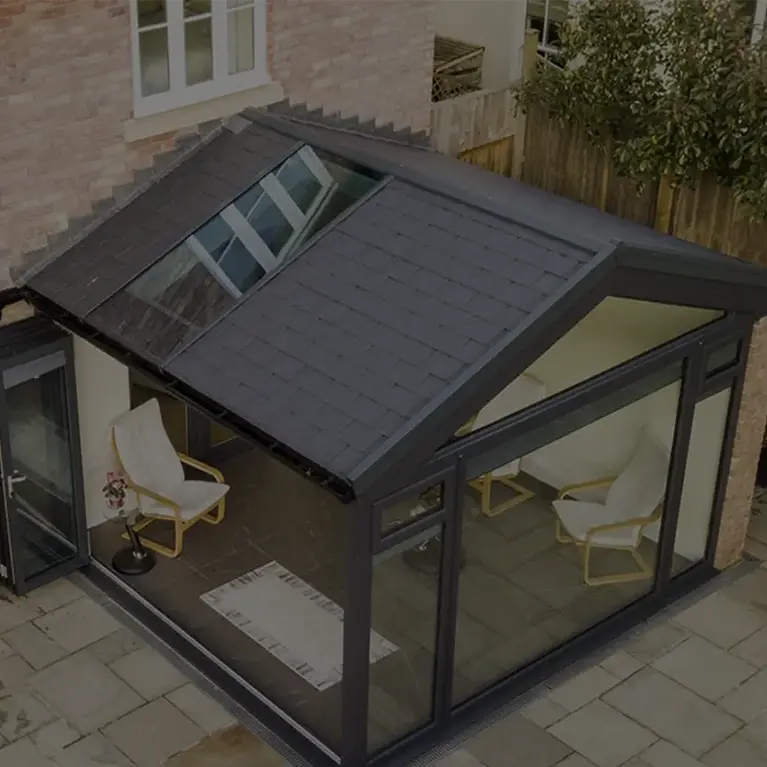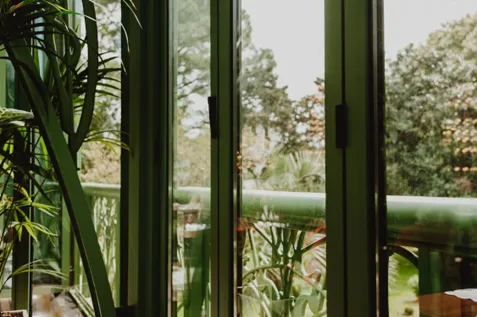When looking at ways to make your home more sustainable – not to mention more energy efficient – it’s easy to overlook the environmental and financial benefits of new casement window installation for improving your carbon footprint. Efficient and structurally sound casement windows play an important part in making a home environmentally friendly and helping reduce overall carbon emissions from heating, cooking, and household activities. Here are four reasons why casement windows can benefit your eco-footprint and provide the perfect solution for sustainability at home:
1) Casement windows help reduce energy waste by providing superior insulation.
Modern casement window design keeps your home warmer in the winter and cooler in the summer, which decreases how much energy is needed to regulate temperature inside your home. At Harveys, our casement windows have an ‘A’ energy rating, making them as cost-effective as they are energy efficient (please get in touch for a bespoke quote on our range of windows, and to find out how much you could save per year in energy bills). This will lead to significant savings on your monthly utility bills over time – and, moreover, will reduce your fossil fuel consumption and lower your environmental impact.
2) UPVC casement windows are designed to last for at least 20 – 30 years, maintenance-free.
Despite being a thermoplastic polymer, UPVC is actually one of the most sustainable and eco-friendly construction materials, with wide recyclability and a 20 to 30+ year average lifespan. This outstrips many alternative materials in terms of performance, including wood, fibreglass, and vinyl, which all have a higher impact on the environment than UPVC casements. Additionally, our casement window frames come with efficient weather stripping and insulation that further helps keep your carbon footprint under control by reducing heat loss from drafts.
3) Old UPVC window frames are easy to recycle and repurposed, with the old windows being turned back into new frames that can be reused like new.
UPVC is easier to recycle the many window types, resulting in fewer old UPVC casements ending up in landfill. In fact, many sustainable window manufacturers now specialise in creating superb quality casements either solely or predominantly from recycled materials, reducing waste and the volume of raw materials required for casement window production. This ‘recycle and reuse’ philosophy reduces your environmental impact by minimising the amount of carbon emissions produced during the manufacturing process.
4) Casement windows allow you to take advantage of natural ventilation.
Balancing the requirements for heat retention and allowing fresh air into the home is a huge dilemma for eco-conscious homeowners. Modern casement window design with the inclusion of trickle vents as standard, helps in this regard by better directing air flow throughout the home, helping keep the home fresh in winter and reducing energy costs (and emissions) associated with fan use in the summer. This makes casement windows an ideal choice for sustainable living all year round – letting fresh air in while simultaneously improving air quality by excluding dust, pollen, mould spores, and other allergens.
Find Out More
To find out more about our range of casement windows or to arrange a convenient time to visit our showroom near Leicester, please call our knowledgeable team at Harvey’s today on 0116 497 5866.
Image Source: Pexels



